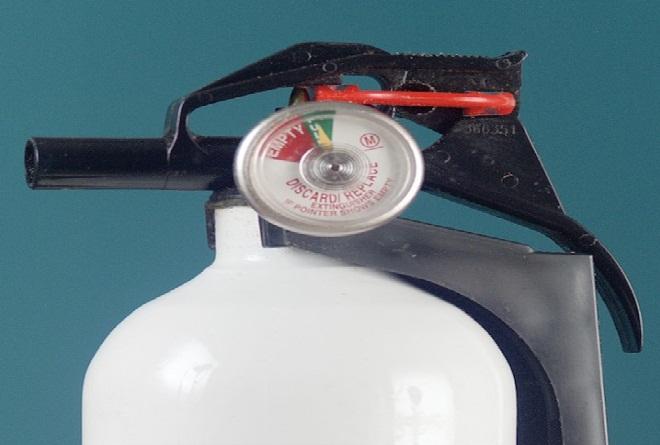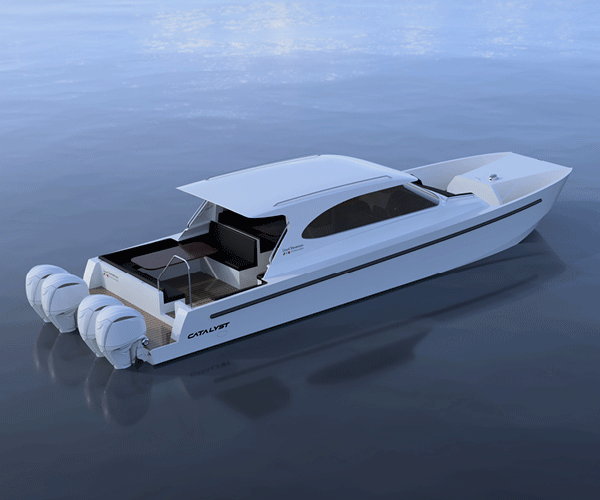Four myths about boat fire extinguishers
by John McDevitt on 21 Apr 2016

Four myths from the BoatUS Foundation about boat fire extinguishers BoatUS
Myth number one: You are correct about the mallet. NFPA 10 Portable Fire Extinguishers does recommend 'hefting' and extinguisher as part of the inspection process. This is basically shaking the extinguisher and is recommended as part of the inspection procedures.
Myth number two...'mounting in brackets, not a legal requirement' (where is this published?):
NFPA 302 for Watercraft states: 12.1.2.9.2 Extinguishers shall be mounted with the marine bracket specified on the extinguisher label.
Coast Guard states: (c) Every portable fire extinguisher must be supplied with a suitable bracket which will hold the extinguisher securely in its stowage location on vessels or boats, and which is arranged to provide quick and positive release of the extinguisher for immediate use.
Myth number three...'fire extinguishers have no expiration date':
A large number, perhaps the greater number of portable fire extinguishers in use aboard pleasure boats today are of the 'non-rechargeable or non-serviceable type'. These extinguishers have an expiration date stamped on the bottom. They are typically good for 12 years from date of manufacturer and then are no longer recognized as suitable fire extinguishing equipment. (The extinguisher in the photo that accompanied this post is a non-rechargeable extinguisher with an expiration date! Also read the 'Discard Replace' on the gauge.)
Myth number four...'US Coast Guard minimum requirements':
The US Coast Guard 46 CFR 25 extinguisher requirements for pleasure boats are considerably out of date and not recognized as appropriate for reference. The Coast Guard requires only B extinguishers which are not rated for normal combustibles (A) or electrical fires (C). The ABYC and NFPA have up to date and greater requirements in both extinguisher type (A-B-C) and complement and should have been referenced in your article - not the Coast Guard requirements.
The pleasure boat industry is not on a level plain with other industries when it comes to fire protection provisions. We need to do a better job as an industry when we reach out to our consumers and talk about fire protection. Someone who understands fire protection requirements for our industry should have been consulted before publishing this article.
If you want to link to this article then please use this URL: www.sail-world.com/143925

-x-500(h)-(3)-202506031057.png)